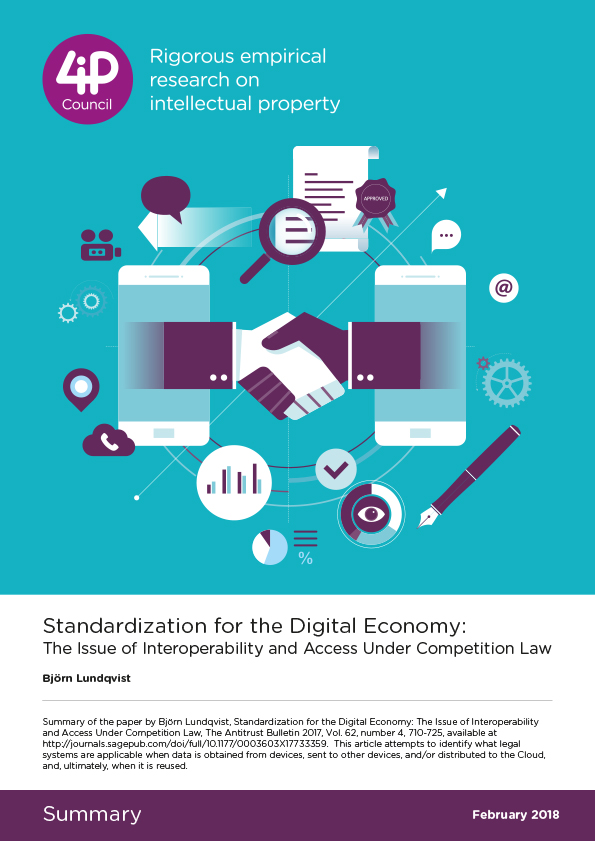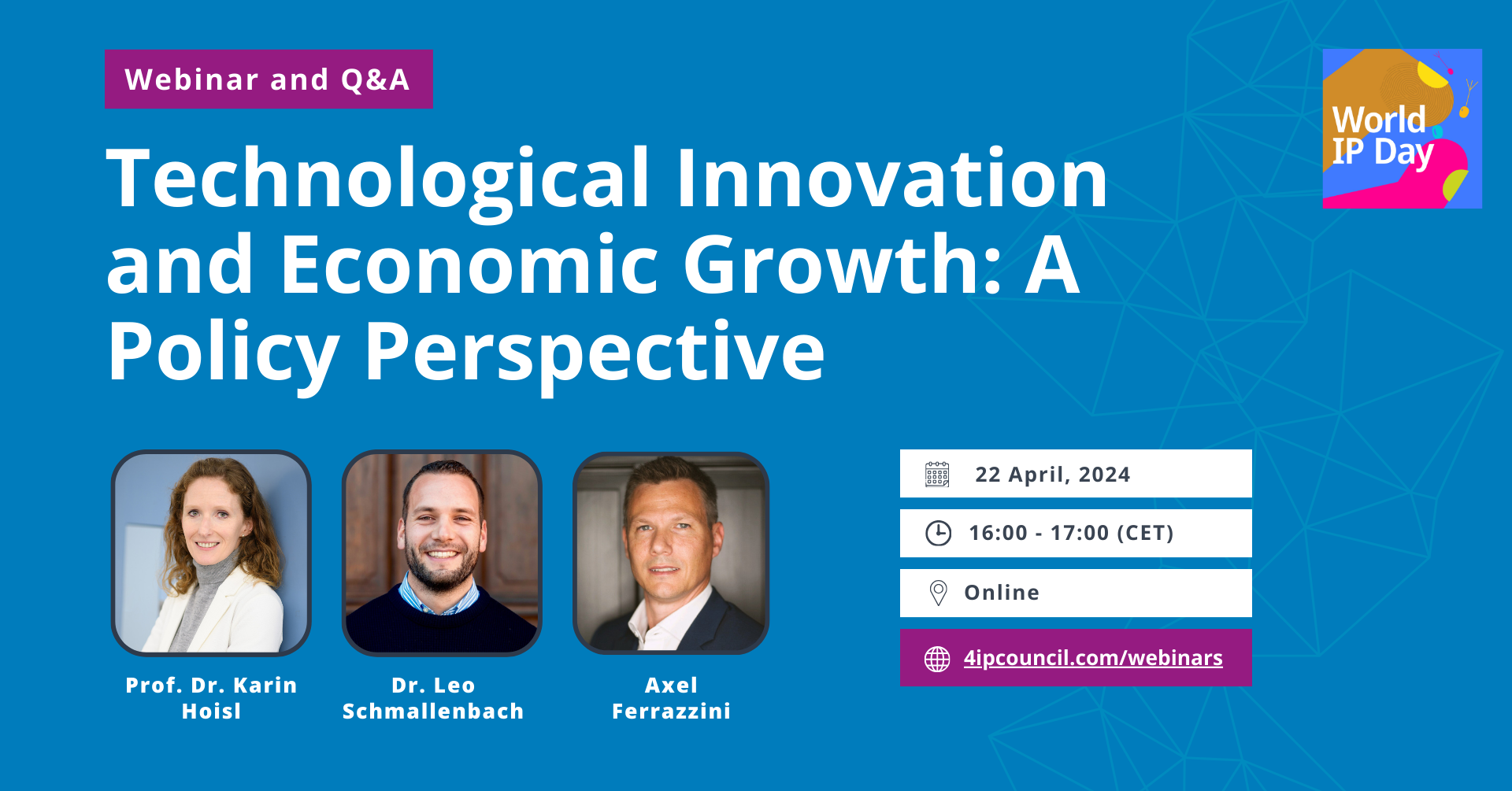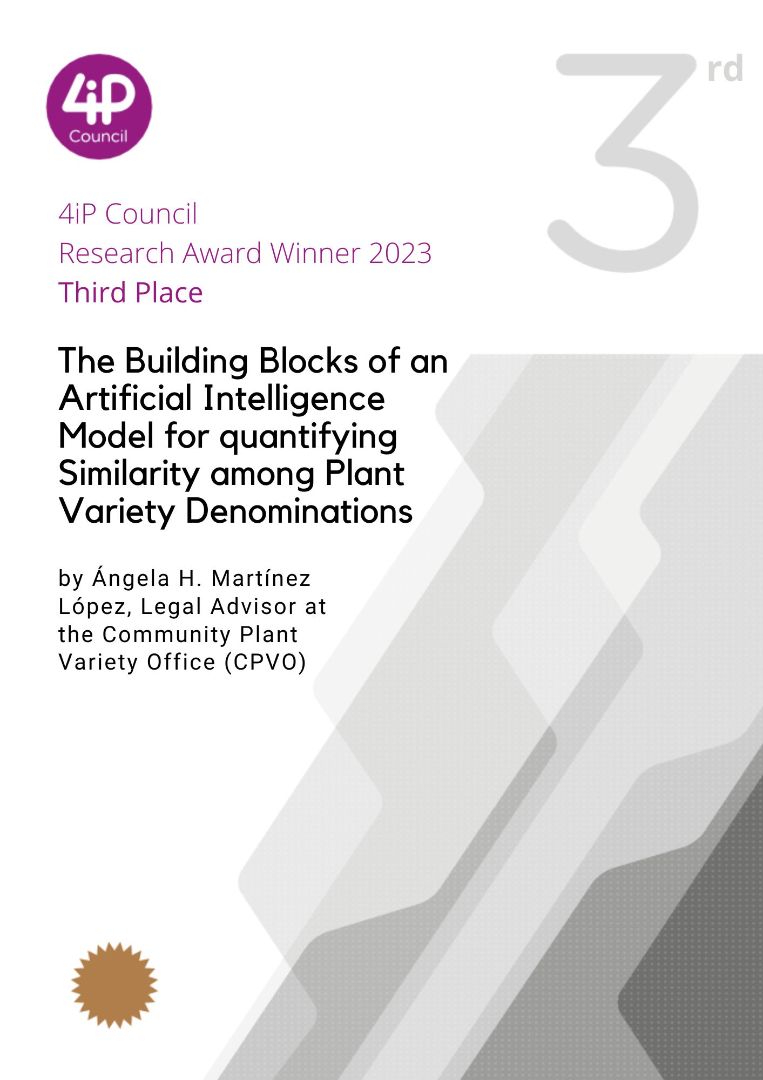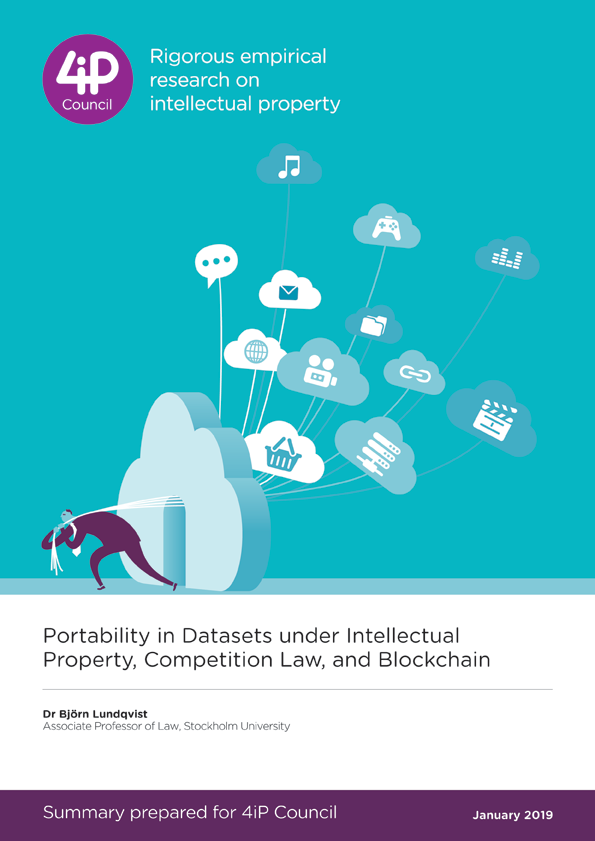Introduction
The article attempts to identify what legal systems are applicable when data is obtained from devices, sent to other devices, and/or distributed to the Cloud, and, ultimately, when it is reused. The article specifically focuses on the application of competition law vis-á-vis the firms included in the standardization of the Digital Economy. The article concludes that general competition law may be applicable to access technical standards, ecosystems, or digital platforms when system leaders control these, or when joint standard-setting in consortia has been conducted to exclude or obstruct access to relevant markets. The main issue under competition law in the Data Economy, in its current development, is to create a levelled playing field by trying to facilitate the implementation of Internet of Things.
II. Data Economy for the Internet of Things
With Google, Amazon, and Facebook as the pioneers, private entities are starting to collect and store large volumes of data. Firms seem to be using data together with software for profiling and predictive modelling including algorithms, to categorize, identify, and predict behaviour of potential customers or users. Moreover, we seem to see that e-platforms, brick-and-mortar, and also telecom firms are teaming up in consortia to develop upper-layer interoperability standards. Possibly, the technology decided in the consortia will be either put before an official standard-setting organization (SSO) in the hope of getting the technology to be elevated as a de jure standard, or put on the market with the object of getting the technology to become the de facto standard. We thus see some development for organised institutionalized upper-layer interoperability standard-setting, mirroring what have been customary practice when developing the infrastructure standards for the telecom sector, e.g. the 5G telecom standard soon being rolled out.







